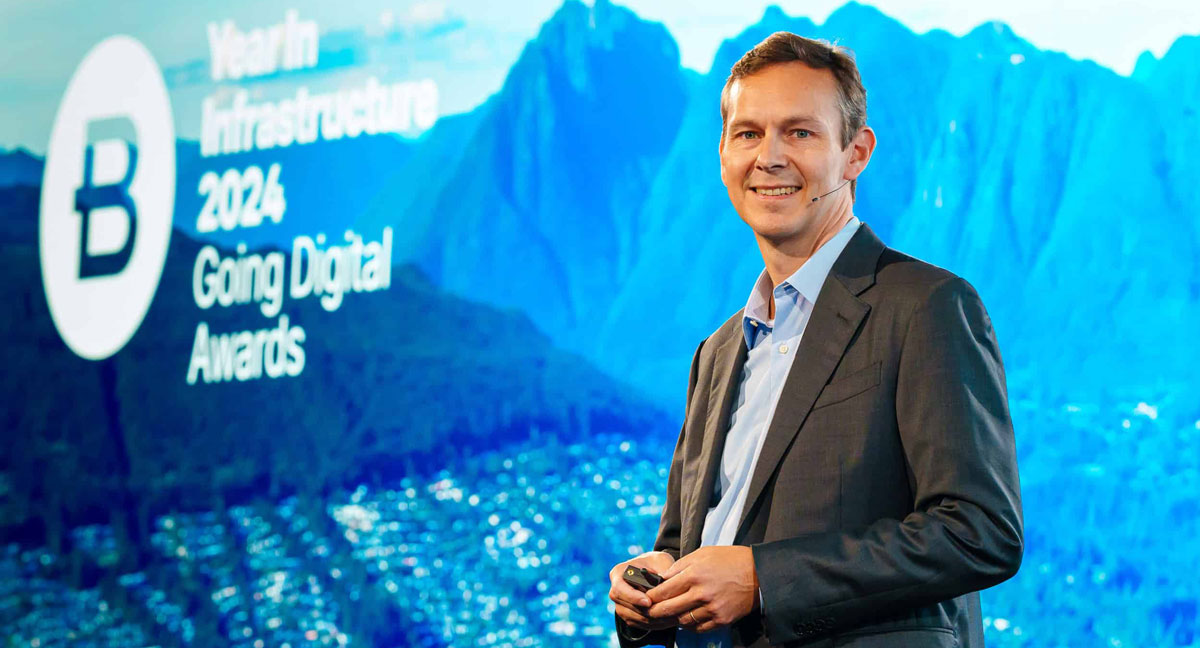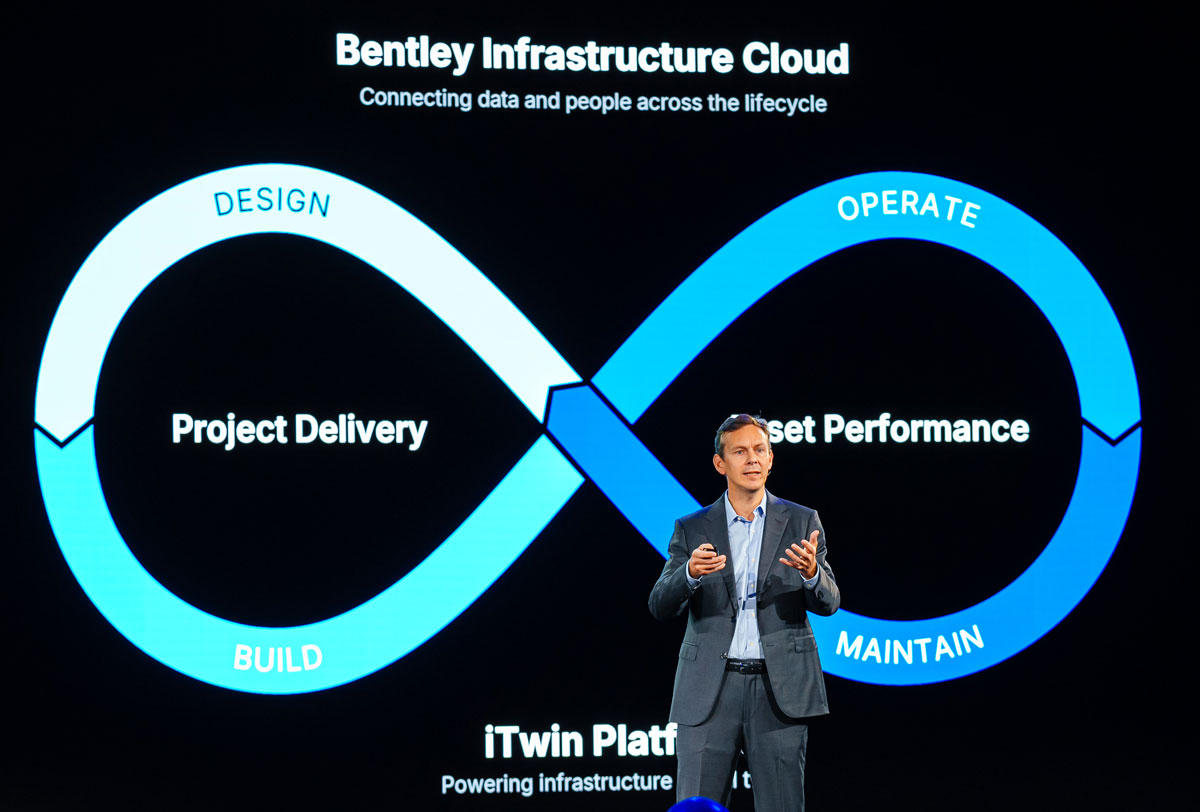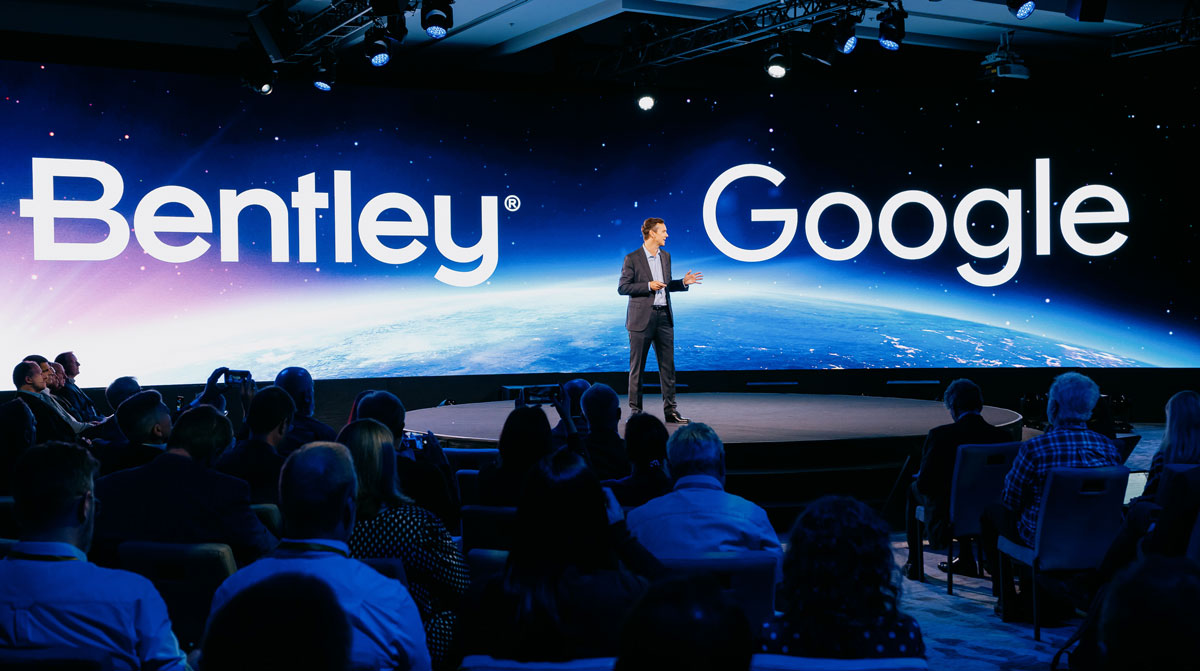Taiwanese Tech Giant ADATA Expresses Interest in Investing in Cambodia’s Technology Sector
In a significant development for Cambodia’s tech landscape, ADATA Technology Co., Ltd., a leading Taiwanese technology company, has officially expressed its interest in investing in the country’s advanced technology sector. This announcement came during a meeting between Cambodian Prime Minister Hun Manet and ADATA Chairman CHEN Simon held on April 30, 2025. During their discussion, […]
Chinese Investment in Cambodia’s New Energy Vehicle and Agro-Industrial Sectors
Infinite Capital Holding Company (ICAP), a prominent technology and agro-industrial firm based in Guangzhou, has announced its plans to invest in Cambodia’s burgeoning new energy vehicle and agro-industrial sectors, specifically targeting cashew nut production. The announcement came during a meeting between HE Chea Wutty, Secretary General of the Council for the Development of Cambodia, and […]
US tariffs: Impact on data centre construction
The US tariffs will negatively impact data centre construction and, as a result, drive up the cost of AI processing. Building data centres requires materials and supplies, construction equipment, electrical components, and cooling systems, even before IT and network infrastructure are deployed. As all construction costs increase, so will the cost of data centre builds, […]
Cambodia Implements New Regulations for Electrical & Electronic Waste Management
To enhance environmental safety, the Ministry of Environment in Cambodia has established new guidelines for managing electrical and electronic waste (e-waste). This initiative, outlined in Prakas No. 2196/0325 dated 18 March 2025, aims to ensure that manufacturers, importers, and exclusive suppliers of electrical and electronic equipment adhere to environmentally responsible practices for waste management. Under […]
Top US Companies Eye Investment Opportunities in Cambodia, with SpaceX – Starlink Leading the Charge
A delegation from SpaceX – Starlink, a prominent American telecommunications provider, is currently in Cambodia to explore potential investment opportunities. During a recent meeting, Ms. Rebecca Hunter, Marketing Director of SpaceX – Starlink, discussed the company’s plans with Prime Minister Hun Manet and HE Sun Chanthol, the First Vice Chairman of the Council for the […]
BYD to Establish Vehicle Assembly Plant in Sihanoukville Economic Zone
In a significant boost to Cambodia’s automotive industry, BYD, China’s leading electric car manufacturer, has announced plans to establish a vehicle assembly plant within the Sihanoukville Special Economic Zone. The project, which involves an investment of USD 32 million, is expected to create over 200 jobs and contribute to the local economy. The assembly plant […]



 ខ្មែរ
ខ្មែរ










